This month on the Planet Classroom Network, audiences can screen the documentary We are Rohingya.
It is the story of Mohammed and his family who awoke one morning to the sound of gunfire in their village in Myanmar. Mohammed, who has 3 children, describes how his son Ismail went from having a relatively normal life playing soccer with his friends, to trekking through rain-drenched forests to escape Myanmar, and falling sick with diphtheria while trying to settle into life at a refugee camp in Bangladesh. This family’s story echoes those of some 700,000 other Rohingya, members of an ethnic Muslim minority forced to flee their homes and their country following a violent campaign by the Myanmar military starting in August, 2017. They joined hundreds of thousands of other Rohingya people in Bangladesh, uprooted by earlier cycles of violence and persecution.
We are Rohingya is directed by Melissa Pracht.
The Global Search for Education is pleased to welcome Melissa Pracht.
More than 700,000 Rohingya refugees from Myanmar have fled to Bangladesh since 2012. What inspired you to cover the persecution of the Rohingya Muslims?
The organization I work with, Doctors Without Borders, has been assisting the Rohingya since the late 1970s. Their persecution goes back even further than that. So I was well aware of who they are and their historic struggles just to survive in their home country of Myanmar, as well as in Bangladesh where they live in crowded camps. They are not allowed to leave those camps and start new lives. So they are trapped — no one is held accountable for their ill treatment, and no one will step forward and offer them a solution. I went to those camps a year after more than 700,000 Rohingya were forced to flee their country during a massive act of violence by the Myanmar authorities. I wanted to document what it was really like to live like this, especially for a young family that have hopes and dreams, but are in this situation with no control over their future.
How did your collaboration with Mohammed and his family come about and in what way does their story echo the stories of the hundreds of thousands of others forced to flee their homes?
I met Mohammed and Ismail when they came to the Doctors Without Borders clinic in Kutupalong camp. Ismail had Diphtheria, a serious infection of the nose and throat that was spreading among children in the camps. They had not had access to vaccines in Myanmar, so children were vulnerable to a host of diseases in these crowded camps. Mohammed allowed me to film his son getting treatment and then I asked if he was willing to share his story with me. I interviewed many people on that trip who had fled during the attack by the Myanmar military and their stories all had the same themes. Although they had been treated rather badly in their country before this, none of them had been prepared for the extreme cruelty and violence they witnessed or heard about during that attack. They were all stunned. They all had many days of walking through the forest in fear, some not knowing where their families were or if they were OK. After crossing the river that divides Myanmar and Bangladesh, they experienced coming to a different country and being completely reliant on strangers for survival. My sense was that for some time they were all in shock, then they were relieved that they had a safe place to be, and then, after some time had passed, the impossibility of their situation was sinking in. This year, four years after the mass exodus, our organization warned that we are seeing serious mental health problems among the Rohingya refugees. It makes sense – how do you process being in a situation like this? How do you hold on to hope in neverending limbo? I wonder how Mohammed and Ismail and their relatives are doing.
What do you think are the fundamental causes for this conflict, specifically the type of “hate” that would lead people to persecute a religious and ethnic minority?
The Rohingya are a minority and they have been demonized as outsiders in their own country for decades. I think it has been for purely political reasons, a way for one side to gain and hold onto power. We’ve seen it throughout history in other countries, including here in the US. It’s a very well-used political device and it’s extremely cruel.
How do you hope this film will help people understand the severity of the Myanmar conflict? What are the most important takeaways for audiences including what each one of us can do to help this situation?
What we wanted to do in this film and other documentaries is to try to bring these big “humanitarian disasters” back to the individual human beings who are affected by them. It’s one thing to know that there was a mass atrocity committed against the Rohingya people in 2017. It’s another thing to understand that this family, Mohammed’s family, are in a situation where their children are getting older but have no way to grow up the way their parents want them to, they have no opportunities to learn and explore and pursue their interests. Mohammed is getting older and he hates that the only way to earn money in the camp is to do manual labor that he is no longer able to do, but how can he supplement the food aid his family gets with some milk or meat? What will become of all these families? Humanitarian disasters are big and impersonal and easy to ignore, but individuals that you meet in person or through a documentary are not so easy to forget. I hope that everyone who sees this film remembers Mohammed and Ismail and I hope they understand that authorities must be held accountable for violence that they commit against the people they are supposed to protect.
What are you working on next?
I am working on an idea to get community health workers around the world to share their stories. Some communities who are neglected or vilified – like the Rohingya – are often deprived of health care and it takes people who are trusted by those communities, insiders, to be able to connect them with the services they need. We see this especially with some LGTBQ groups in some countries; they might have been mistreated by health workers in the past and are not likely to try to get health care again. But if someone they know and trust can be that bridge, that person can save lives.
C.M. Rubin and Melissa Pracht
Don’t Miss We are Rohingya, now screening on the Planet Classroom Network.

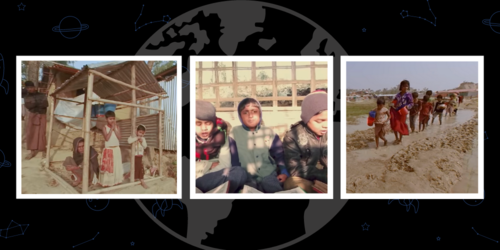
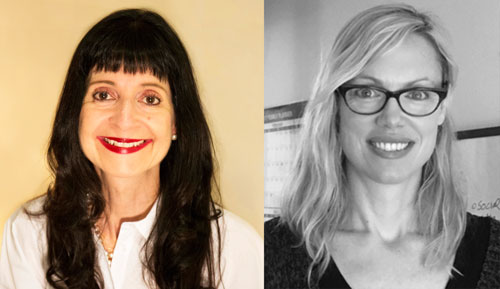

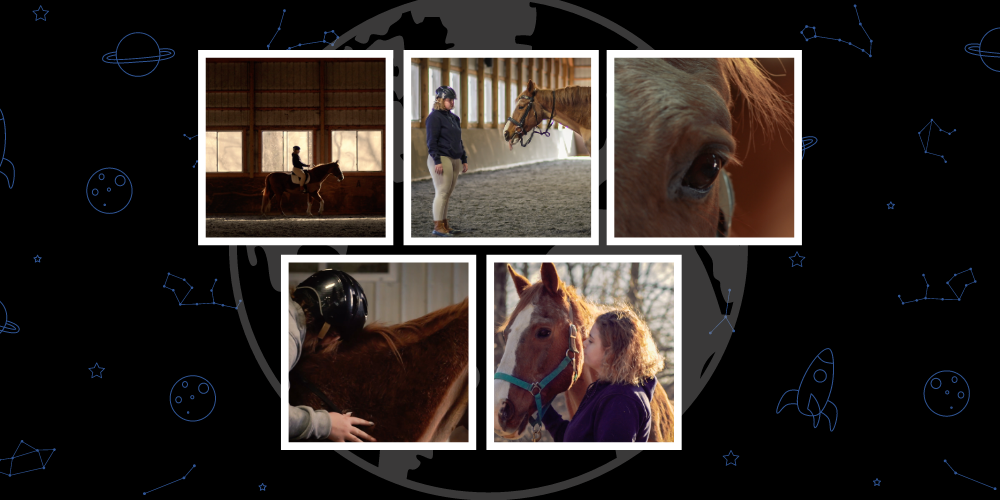
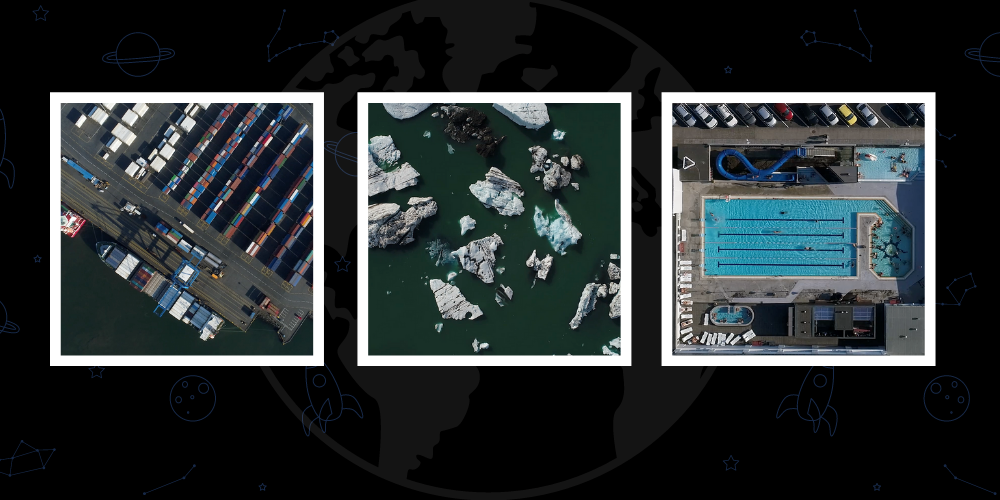
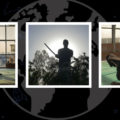
Recent Comments